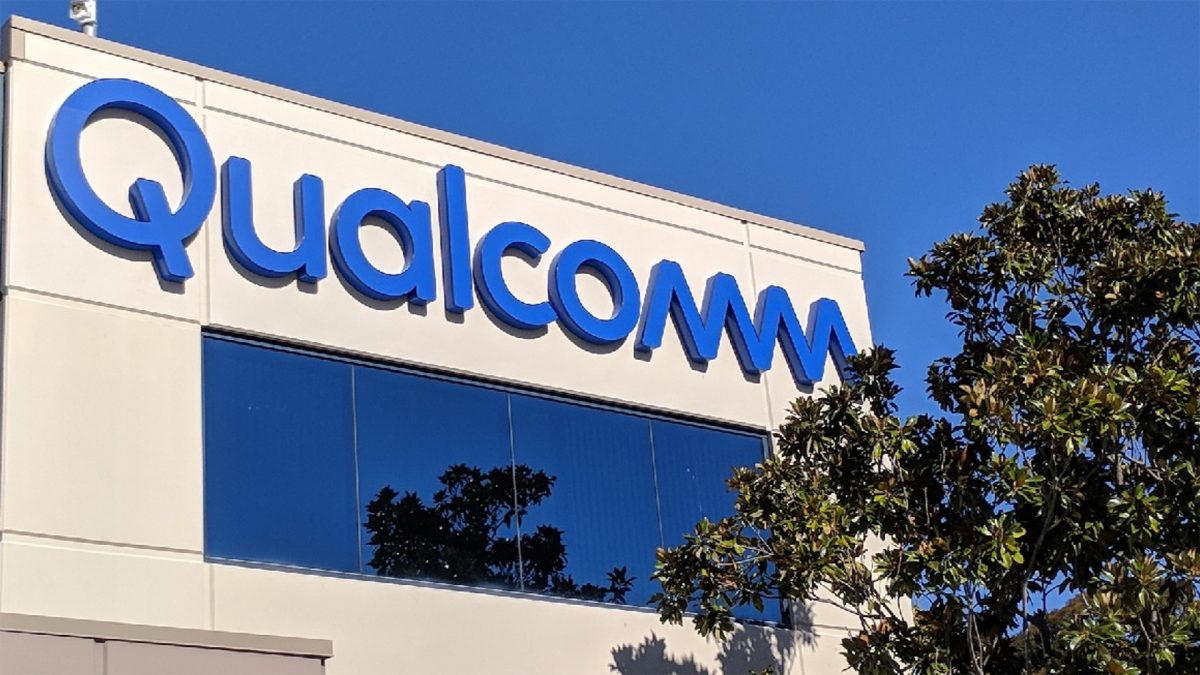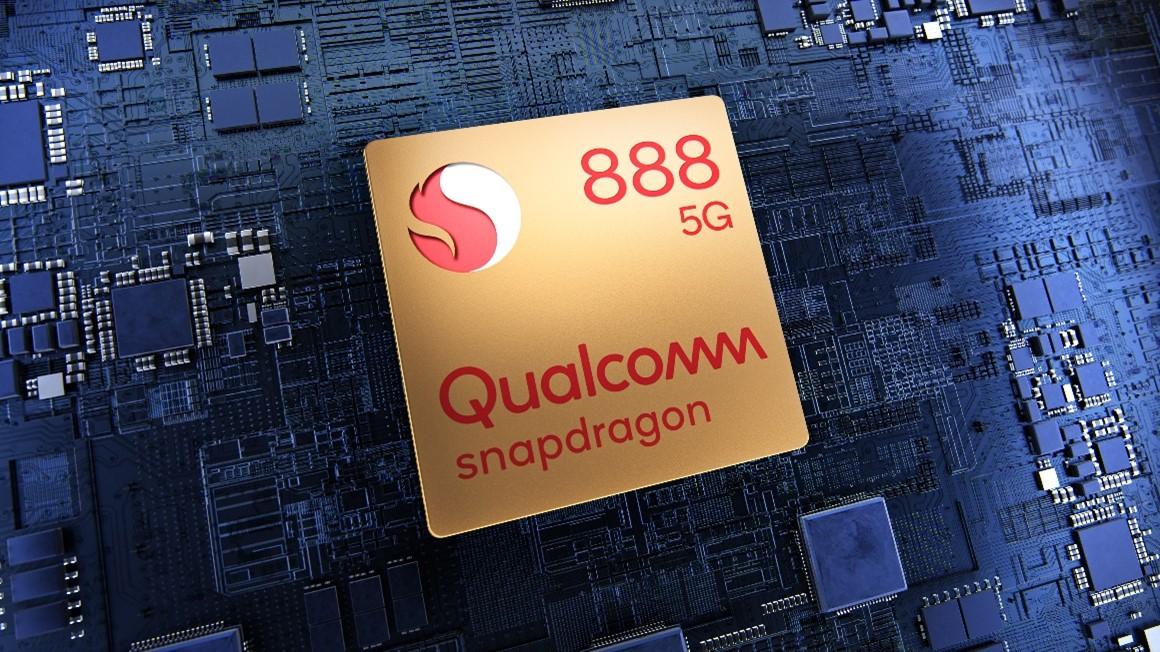The United States, Federal Trade Commission (FTC) has decided to not pursue an antitrust lawsuit against Qualcomm, Apple’s modem manufacturer. The decision was announced via a published statement by FTC’s Acting Chairwoman Rebecca Kelly Slaughter which states that the authority “will not petition the Supreme Court for review of Qualcomm case”.
Qualcomm is American manufacture of semiconductors, software, and wireless technology-related services. It provided the 5G modem used in the latest flagship iPhone 12 series which has proven to be lucrative for the manufacturer. A market study showed that iPhone 12’s high demand has increased Qualcomm’s YoY earnings in Q3 2020 by 37.6% with $4.967 billion in revenue. However, the company is accused of anti-competitive practices and overpricing issues by not only the FTC but also Apple.

After the agency’s rehearing request got denied, the Federal Trade Commission of the United States abandons antitrust case against Qualcomm
Chairwoman Slaughter wrote:
“Given the significant headwinds facing the Commission in this matter, the FTC will not petition the Supreme Court to review the decision of the Court of Appeals for the Ninth Circuit in FTC v. Qualcomm. The FTC’s staff did an exceptional job presenting the case, and I continue to believe that the district court’s conclusion that Qualcomm violated the antitrust laws was entirely correct and that the court of appeals erred in concluding otherwise.
Now more than ever, the FTC and other law enforcement agencies need to boldly enforce the antitrust laws to guard against abusive behavior by dominant firms, including in high-technology markets and those that involve intellectual property. I am particularly concerned about the potential for anticompetitive or unfair behavior in the context of standard setting and the FTC will closely monitor conduct in this arena.”
Accusing Qualcomm of anticompetitive behavior, the agency won its case against the manufacturer in 2019. However, that ruling was overturned in 2020 and its request for a rehearing was denied. Therefore, the FTC decided to not pursue the case further.
On May 21, 2019, Judge Lucy H. Koh of the U.S. District Court for the Northern District of California ruled in favor of the FTC, finding that Qualcomm violated U.S. antitrust law. On August 11, 2020, that decision was reversed by a three-judge panel of the U.S. Court of Appeals for the Ninth Circuit. The agency’s request for en banc rehearing of the decision was denied.
The FTC’s 2017 complaint challenged Qualcomm’s unlawful maintenance of a monopoly in baseband processors, semiconductor devices that enable cellular communications in cell phones and other products. It asserted that Qualcomm has engaged in exclusionary conduct that taxes its competitors’ baseband processor sales, reduces competitors’ ability and incentive to innovate, and raises prices paid by consumers for cell phones and tablets.

In addition, Apple has also filed a case against its supply chain partner over unfair licensing deals and overcharging for iPhone components in 2017. However, the companies reached a settlement in 2019 when Apple needed its 5G modems for iPhone 12 series. Having said that, as Apple plans to develop its own 5G modems for iPhone like M1 Apple Silicon for Mac, its reliance on Qualcomm would come to an end.